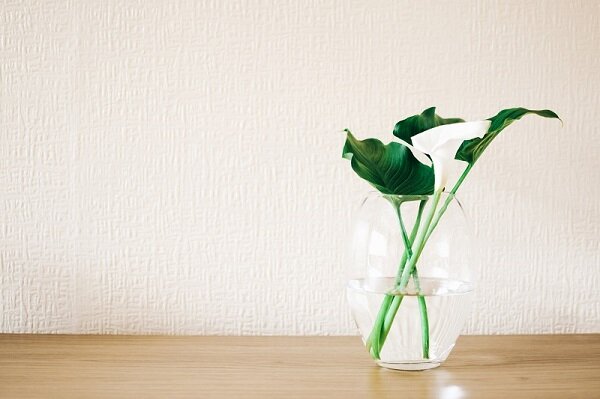health benefits,
healthy new year habits,
healthy habits,
healthy house,
non toxic home,
wellness,
well being
Mary Silver
health benefits,
healthy new year habits,
healthy habits,
healthy house,
non toxic home,
wellness,
well being
Mary Silver
Read More
detoxing your home,
detoxing your body,
health benefits,
healthy new year habits,
healthy hair care,
healthy habits
Mary Silver
detoxing your home,
detoxing your body,
health benefits,
healthy new year habits,
healthy hair care,
healthy habits
Mary Silver
Read More









